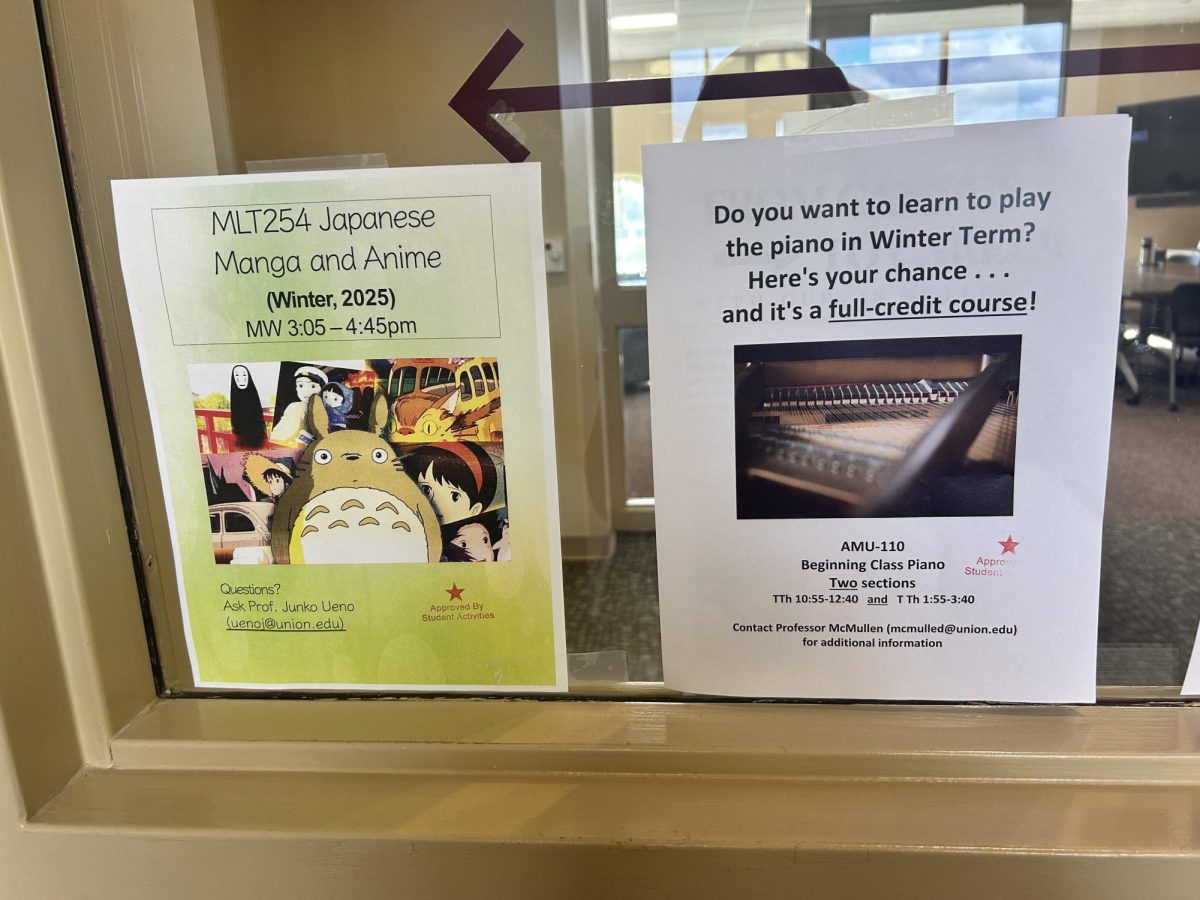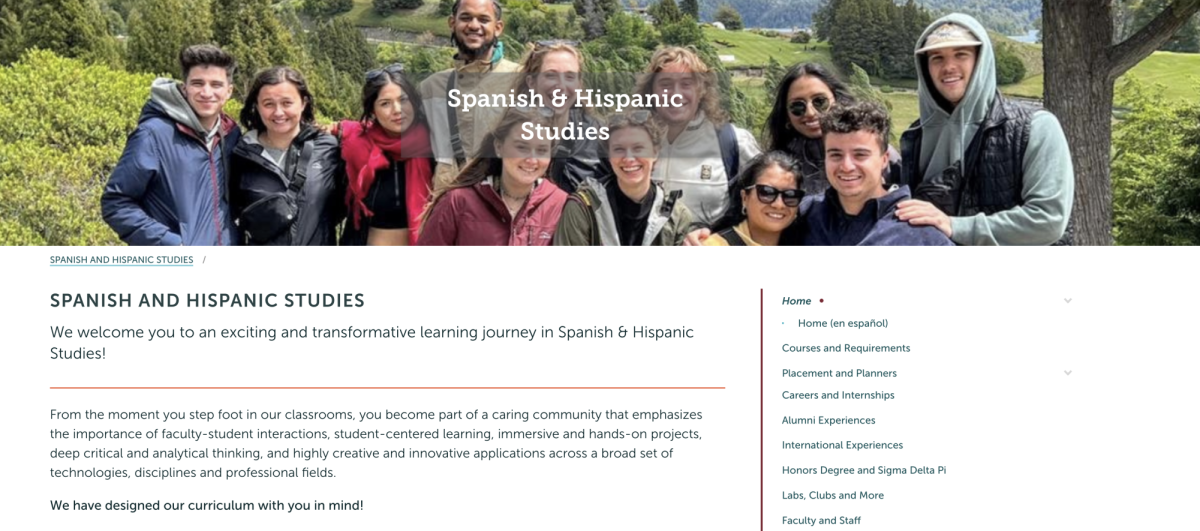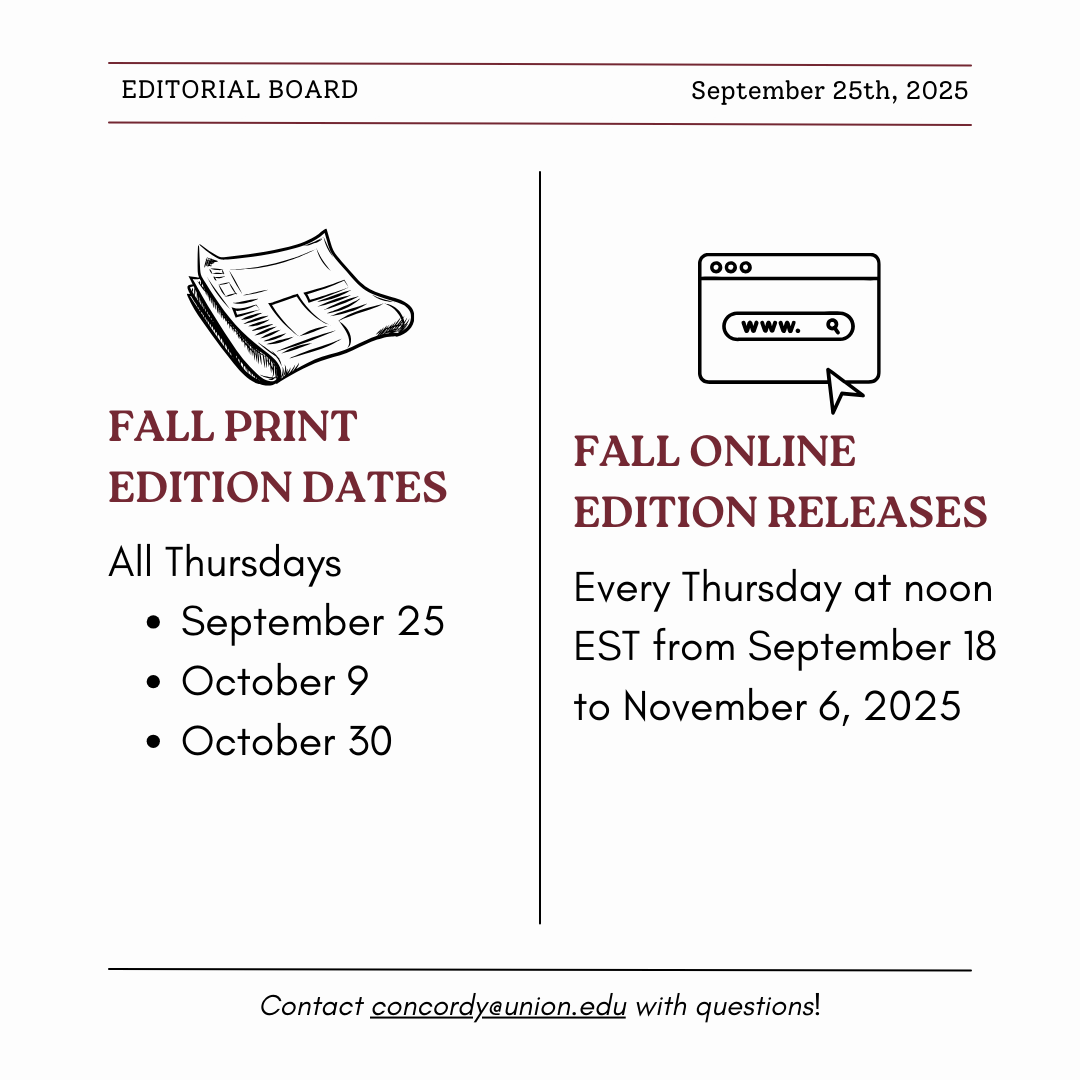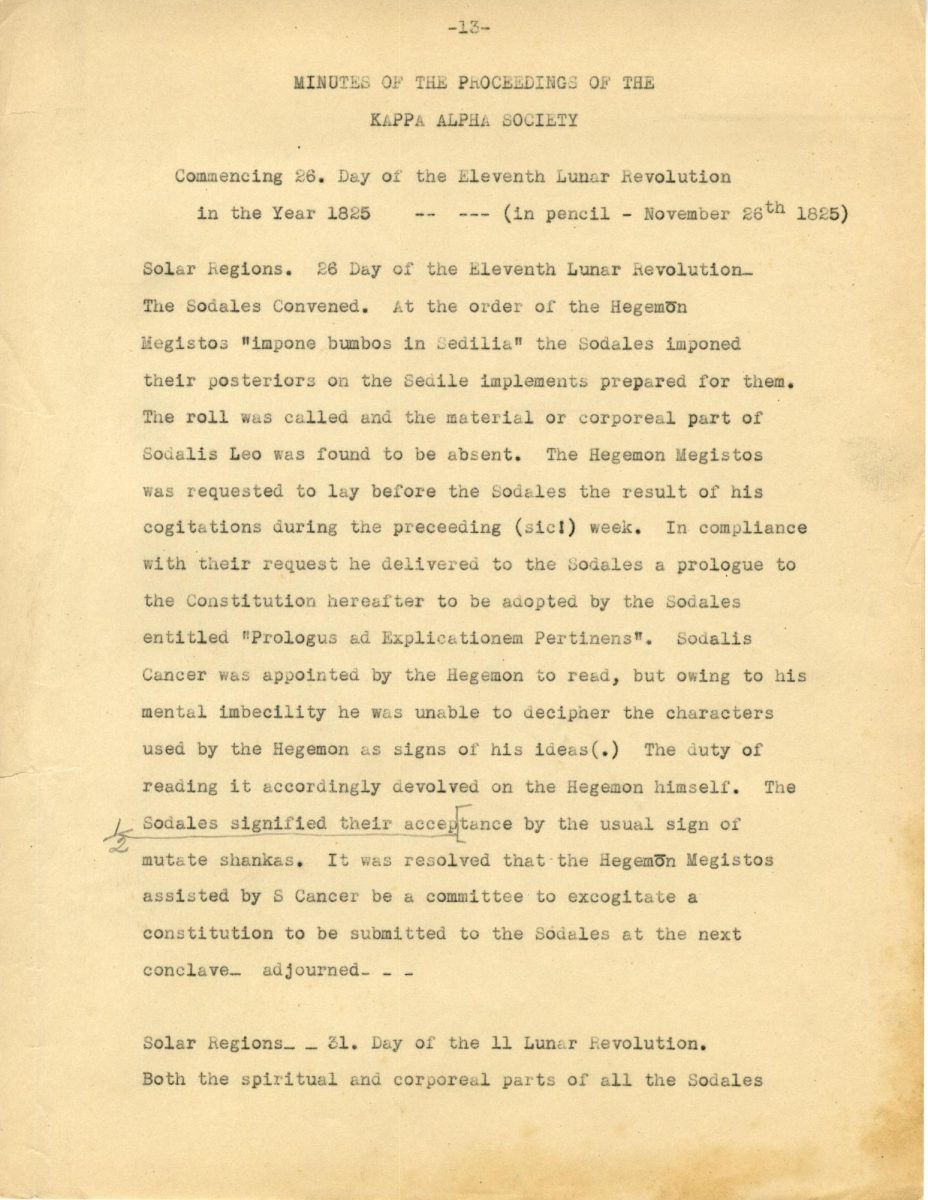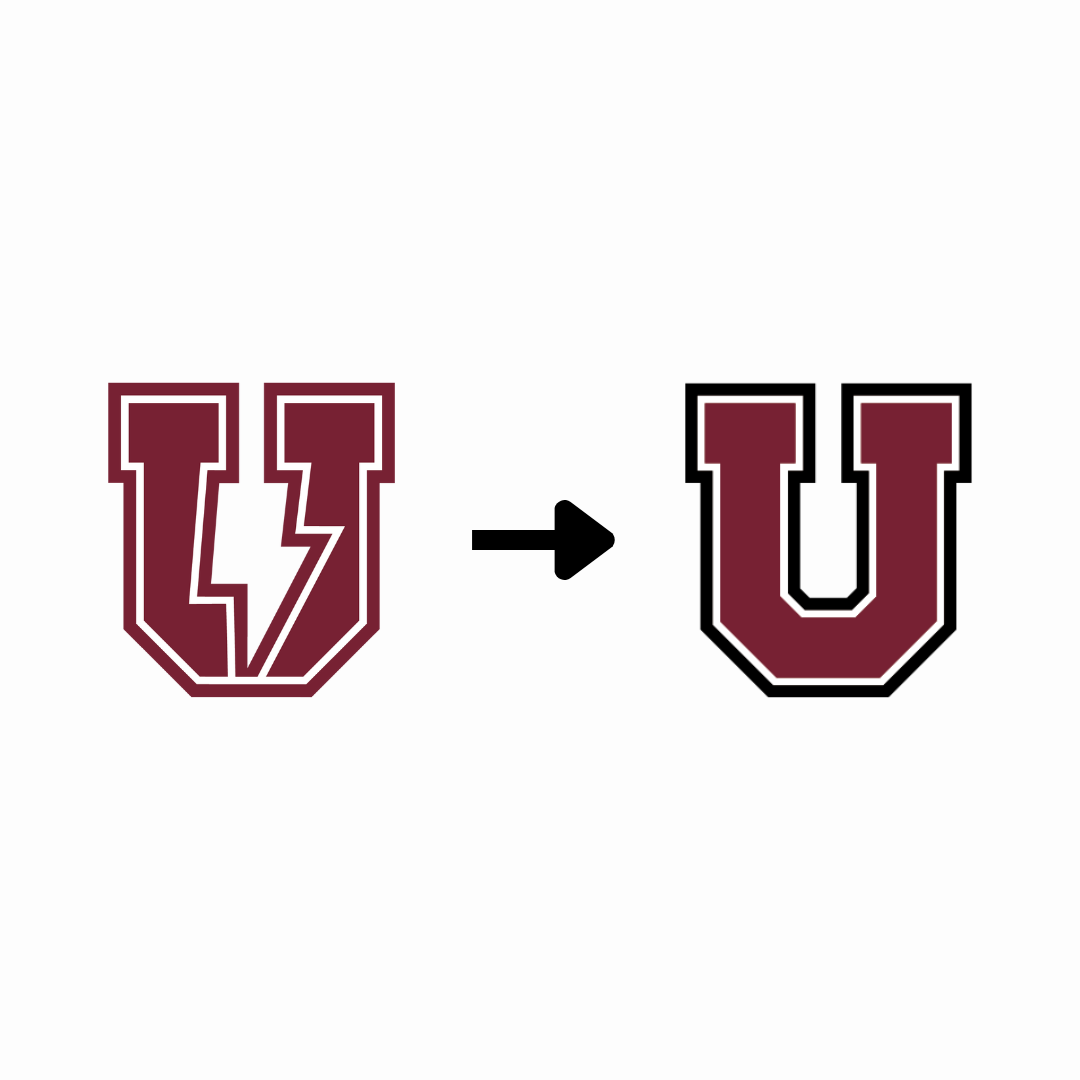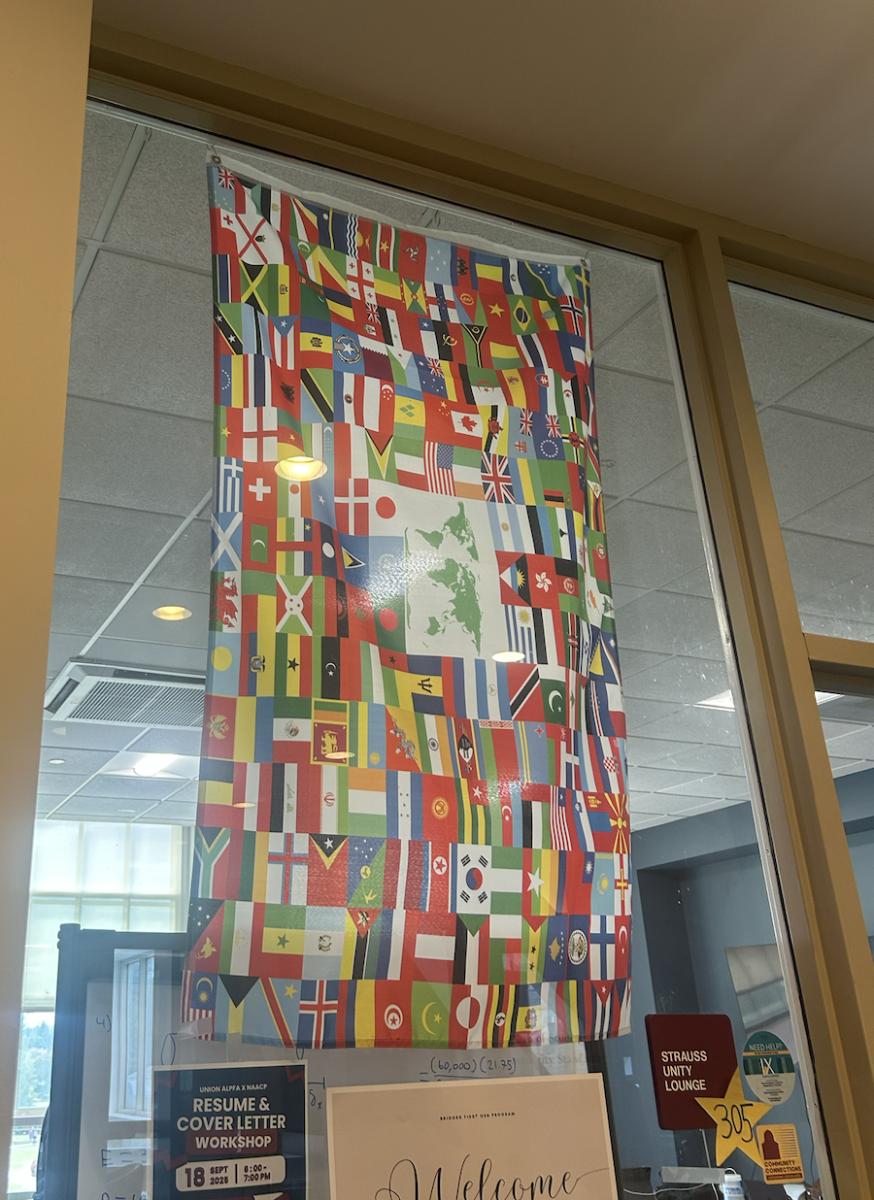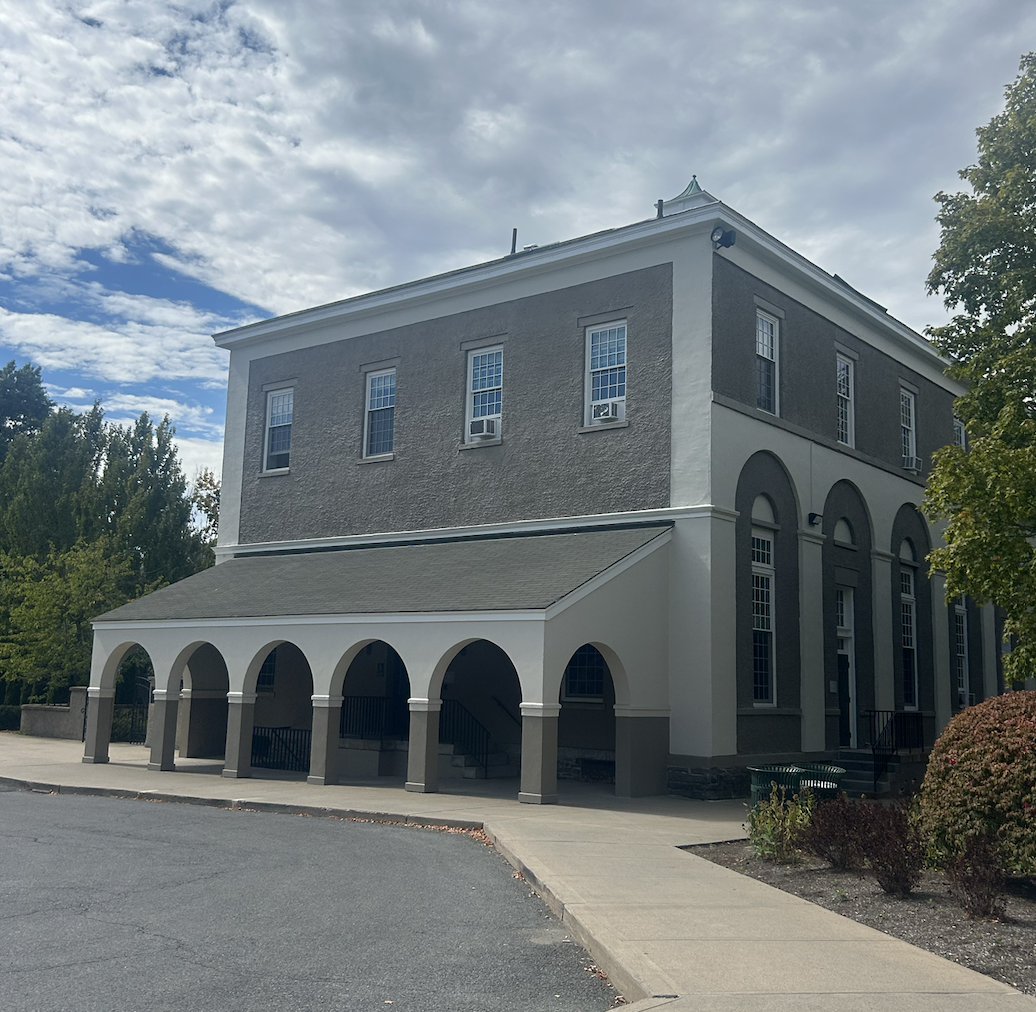As of last week, Union students can view course offerings for winter 2025 in SelfService. Students will then have to meet with their academic advisor to be cleared to register for their classes, and sign up for classes with pre-approval requirements. Pre-approval surveys for classes were due on October 16th, and the regular course registration period will take place from October 28th-31st. With course registration on the horizon, the Concordiensis has compiled a list of recommended courses for students in need of fulfilling general education requirements.
This list of recommended courses will only fulfill general education requirements for the classes of 2026, 2027, and 2028, who are on the Complex Questions curriculum. The class of 2025 operates on a different set of general education courses, and there are generally more options for students who need to complete those. The Complex Questions curriculum requires that students take courses in the fields listed below. Two of these courses must also include either a Justice, Equity, Identity, Difference (JEID) or Global Challenges (GC) requirement. Students in the classes of 2026 and 2027 must take 6 of these courses, while the class of 2028 must take 7. All students must also take 5 Writing Across the Curriculum (WAC) courses, with the class of 2026 and beyond having to take at least one WAC-R designated course.
Creative Works/Arts & Design (CAD): EGL150: Film Form and Analysis (JCAD)
The course will examine elements of film form and will consider “film an art form, a commercial product, a psychological experience, and a social practice,” according to the course description. “We will also pay close attention to issues of genre, performance, intertextuality and authorship.” The course has two sections that meet on Tuesdays and Thursdays from 10:55 a.m. to 12:40 p.m., and 1:55 p.m. to 3:40 p.m. It will be taught by Professor Jenelle Troxell and meet the WAC, JLIT, JCAD, and JSPE curriculum requirements.
Cultural & Historical Foundations (CHF): CLS126: Rise of the Roman Republic (GCHF)
This course will examine the history of the Roman republic from 753 B.C.E. to about 44 B.C.E. The course will explore questions such as: “How did a remote backwater of the Mediterranean rise to imperial power? Why did its constitutional machinery collapse? Was military dictatorship unavoidable?” according to the course description. The course will be taught by Professor Hans-Friedrich Mueller and will meet on Tuesdays and Thursdays from 9 a.m. to 10:45 a.m. It will fulfill the GCHF requirement.
Data & Quantitative Reasoning (DQR): CLS193/HST140: History Done Digitally (GDQR)
This course is cross-listed with the classics and history departments. The course will examine how data is used in the humanities. “In the modern world, countless tools have been developed to facilitate the access, analysis, and dissemination of data. In this course, we will learn how to use various technologies to both ask and answer questions traditional to the humanities and come up with new ones, with a focus on the ancient and medieval world,” according to the course description. The course will be taught by Professors Sarina Kuersteiner and Gregory Callaghan, and will meet on Tuesdays and Thursdays from 10:55 a.m. to 12:40 p.m. It will meet the GDQR requirement.
Engineering, Technology & Society (ETS): HST286: Technology and Empire (JETS)
The course will examine “What were the significant big technologies under colonialism, and what do they tell us about our relationship with technologies today? Through modules that cover the design of statistical tables, urban designs, engineering education, and quantification of energy through case studies of Colonial India… we will learn the colonial history of our technological pasts.” Though it is a 200 level course, it is open to all students regardless of background. It will be taught by Professor Sohini Chattopadhyay and will meet Mondays and Wednesdays from 3:05 p.m. to 4:45 p.m. It will meet the JETS and JCHF requirements.
Literatures (LIT): CLS151: The Ancient World in Film & Lit (JLIT)
Students in this course will watch films depicting the ancient world and discuss them in class. From the course description, “this course will consider ancient texts in translation alongside their modern film representations. Our goal will not be to consider where the films went wrong. Instead, we will question how these films recast and reinterpret classical texts to reflect modern interests.” The class will be taught by Professor Stacie Raucci and will meet on Mondays and Wednesdays from 3:05 to 4:45 p.m. It will meet the JLIT, JCAD, and JCHF course requirements.
Natural & Physical Sciences (NPS): ENS100: Intro to Environmental Studies (GNPS)
The majority of NPS courses require pre-registration and are generally more difficult than other general education options. However, one course that has open registration and interesting topics is intro to environmental studies. The course description describes how “this course covers human-environment interactions, with a focus on the impacts of human activities on natural systems such as climate, air, water, and species diversity and the ensuing environmental injustice. The course discusses sustainable solutions for how we can build systems that will support billions of humans and the natural world.” The course also has a required lab, and “Fieldwork during lab periods involves the investigation of local environmental problems and solutions.” The class will be taught by Professor Michael Sitvarin and will meet Monday, Wednesday, and Friday from 9:15 a.m. to 10:20 a.m. The lab will meet either on Tuesday from 1:55 p.m. to 4:45 p.m., or Wednesday from 1:50 p.m. to 4:40 p.m.
Social Analysis, Politics & Ethics (SPE): HST136: Historical Injustices (JSPE)
This course will explore moments of harm in United States history. The course will contain four main topics: “slavery and racial violence, land dispossession and reclamation for indigenous people, Japanese internment during World War II, and gender-based discrimination.” Students “will ask how the study of history and historical memory can be used to address injustices in the past.” The course will be taught by Professor Ben Davidson and will meet Mondays and Wednesdays from 3:05 p.m. to 4:45 p.m. It will meet the JSPE and JCHF requirements.
World Languages (WOL): FRN100, Basic French 1, or GRK101, Beginning Ancient Greek 1 (JWOL)
All of the WOL courses offered are basic, intermediate, or advanced language courses. Students can reach out to the relevant department chairs for placement opportunities in languages they have learned or taken in high school. For students with no prior language experience, they can take FRN100, Basic French 1, or GRK101, Beginning Ancient Greek 1. Basic French will be taught by a to be determined professor, and will meet Monday, Wednesday, and Friday from 9:15 a.m. to 10:20 a.m. Ancient Greek will be taught by Professor Hans-Friedrich Mueller and will meet on Tuesdays and Thursdays from 10:55 a.m. to 12:40 p.m. Both courses will meet the JWOL requirement, and Ancient Greek will meet the JCHF requirement.
Writing Across the Curriculum (WAC): EGL101, The Study of Literature: Fiction
A popular option for WAC courses would be any course in the English department (noted as EGL###), for which 100 level courses are open to all students. The department will offer three sections of EGL101, The Study of Literature: Fiction. Two sections will be taught by Professor Hugh Jenkins, and one section will be taught by Kaitlin Staudt. The sections will meet at varying times on Monday, Wednesday, and Friday from 8:00 a.m. to 11:35 a.m. All sections will count as WAC and JLIT courses.
Writing Across the Curriculum (Research) (WAC-R): MLT220: Spanish Horror Films
In general, the WAC-R courses offered in Winter 2025 are mostly upper level courses in specific majors. One intro-level course that is a WAC-R is MLT220. This course will be taught in English and will examine horror films in Spanish. “We [will] examine some of the movies that have placed Spain at the forefront of critically acclaimed horror cinema (including some dark comedies to ease the tension!). We see how these films grapple with (among other issues) historical violence and political oppression, Spain’s linguistic and cultural diversity, changing gender norms, and the fallout from economic crises,” according to the course description. It will be taught by Professor Steph Mueller and will meet on Mondays, Wednesdays, and Fridays from 1:50 p.m. to 2:55 p.m. It will meet the WAC-R, JCHF, and JLIT course requirements.
Students can explore these course options and more on SelfService, and enroll for their courses. In order to enroll, students must be cleared by their advisor first and be prepared for their registration time.


